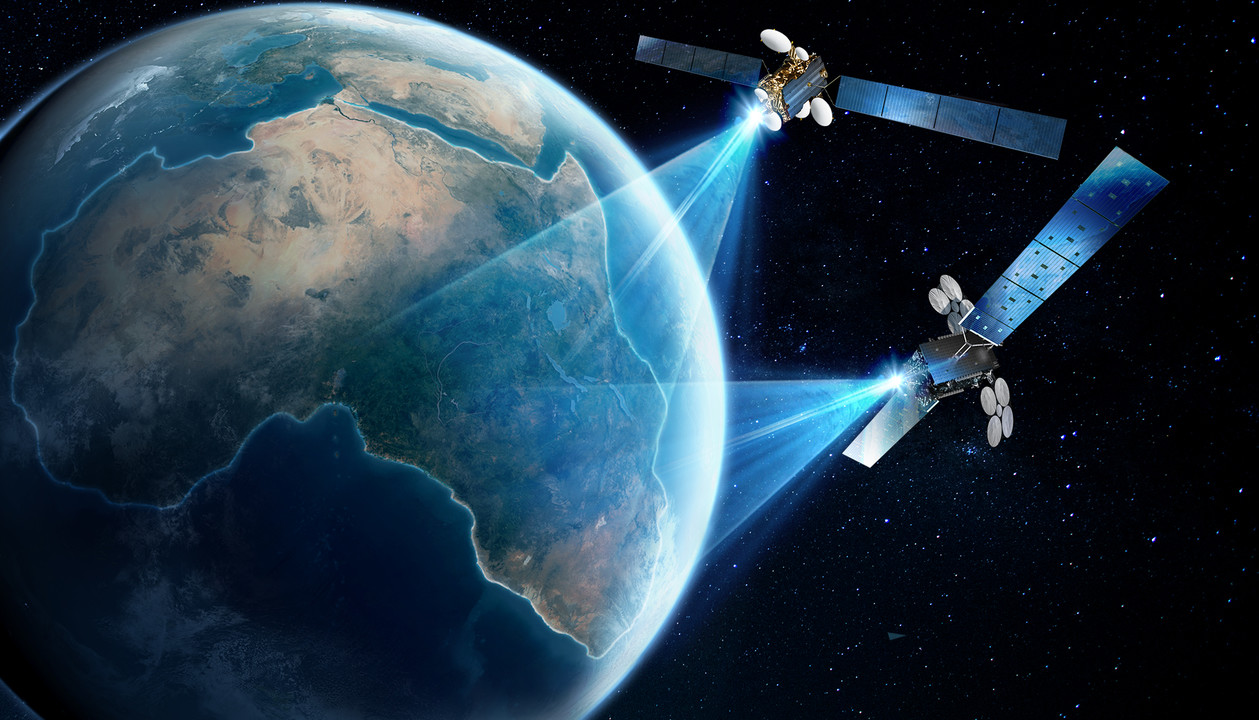When we think of space exploration, the focus often falls on cutting-edge technology, advanced propulsion systems, and groundbreaking scientific discoveries. However, the foundation for successful space operations often lies in unsung heroes—like penetrating oils. These specialized lubricants play a critical role in maintaining the functionality of spacecraft and satellites, ensuring missions run smoothly millions of miles away from Earth.
This blog dives into the importance of penetrating oils in space exploration, how they’re used in spacecraft and satellite maintenance, and why choosing the best penetrating oil—whether in bulk or small quantities—can mean the difference between mission success and costly failures.
Why Penetrating Oils Are Essential in Spacecraft and Satellite Maintenance
Spacecraft and satellites confront some of the most extreme environmental conditions imaginable. From fluctuating temperatures ranging from scorching heat to freezing cold, to dealing with corrosive atomic oxygen in low Earth orbit, these machines endure it all. Penetrating oils are vital for ensuring optimal performance and protection of these systems for several reasons.
1. Fighting Corrosion and Wear
Corrosion poses a significant threat to metal components in satellites and spacecraft. Prolonged exposure to extreme temperature cycles and space debris can weaken parts over time. Penetrating oils are specially designed to counteract these effects. They infiltrate even the tiniest gaps between metal surfaces, providing a protective layer that reduces the risk of rust and wear, which can lead to mechanical failures.
2. Reducing Friction
Friction is the nemesis of any moving mechanical system—and this is especially true in the vacuum of space, where repairs are nearly impossible. The best penetrating oil helps mitigate friction by lubricating moving parts like gears, joints, and mechanisms on satellites and spacecraft, ensuring smooth operations.
3. Enhancing Longevity
Operational longevity is a critical consideration for space missions. Penetrating oils extend the lifespan of spacecraft components by preserving their integrity and performance over long periods. This reduces the frequency of maintenance missions, saving both time and money for space agencies and private operators alike.
How Penetrating Oils Are Used in Space Exploration
The applications of penetrating oils in space are as complex and diverse as the missions they support. Here are some key areas where they prove indispensable:
1. Pre-Launch Preparation
Before a satellite or spacecraft is launched, engineers meticulously ensure that all components are functioning at peak efficiency. Penetrating oil is applied to mechanical parts such as hinges, actuators, and screws to ensure proper lubrication and assembly. This helps prevent issues that could arise during transit or deployment.
2. Onboard Lubrication
Many spacecraft components, such as robotic arms, solar panel arrays, and antennae, rely on seamless mechanical movement for their operations. Penetrating oils are crucial in these systems for reducing friction and maintaining functionality, even after extended periods in storage or inactive phases of the mission.
3. Emergency Repairs During Missions
While in space, the ability to perform even the most basic repairs is limited. Penetrating oils come in handy for in-mission troubleshooting by loosening stuck bolts or joints, aiding astronauts in carrying out critical maintenance tasks during spacewalks or remote operations.
Bulk Penetrating Oil: A Necessary Investment for Space Missions
Given the scope and scale of space projects, using bulk penetrating oil is an economical and practical solution. Space programs often require large quantities of these oils for testing, prototype development, and maintenance. Purchasing in bulk ensures consistency in product quality and availability while reducing overall costs.
When selecting penetrating oils for aerospace use, the focus is on choosing formulations that meet stringent performance standards. These products must perform consistently under extreme conditions, offer low outgassing (the release of trapped gases in a vacuum), and resist degradation over time.
What to Look for in the Best Penetrating Oil for Space Applications
Not all penetrating oils are created equal, and space exploration requires the absolute best. Here’s what makes an oil stand out when it comes to spacecraft and satellite maintenance:
1. Temperature Stability
The best penetrating oil must maintain its performance across a wide temperature range. Whether it’s -250°F or 250°F, these oils should not lose their lubricating properties.
2. Corrosion Resistance
Given the exposure to high corrosion risks, penetrating oils need robust anti-corrosion additives to protect metal components from degrading.
3. Low Volatility
Oils with low volatility prevent evaporation in the vacuum of space, ensuring they do not dissipate over time and compromise their performance.
4. Eco-Friendly and Safe Formulations
Modern space missions consider sustainability and safety. Opting for eco-friendly penetrating oils that meet safety guidelines underscores an organization’s commitment to responsible exploration.
Penetrating Oils and the Future of Space Exploration
As satellite deployment and space exploration continue to expand, the demand for advanced, high-performing lubricants like penetrating oils will only grow. From the maintenance of vast satellite constellations for global internet connectivity to facilitating human exploration on the Moon or Mars, these oils will remain fundamental to progress.
Private companies, such as SpaceX, and government organizations, like NASA and the European Space Agency, are all recognizing the value of cutting-edge lubricants in ensuring mission success while optimizing budgets.
Consider the Best for Your Needs
For organizations and industries outside of space exploration, penetrating oils offer proven benefits in keeping mechanical systems functional. Whether you’re working on Earth or beyond, investing in quality penetrating oil can extend equipment lifespan, enhance reliability, and minimize costly repairs over time.
If you require bulk supplies or need to explore formulations suited for specific applications, consult with leading suppliers—because the right lubricant is more than just an accessory; it’s an enabler of progress.




